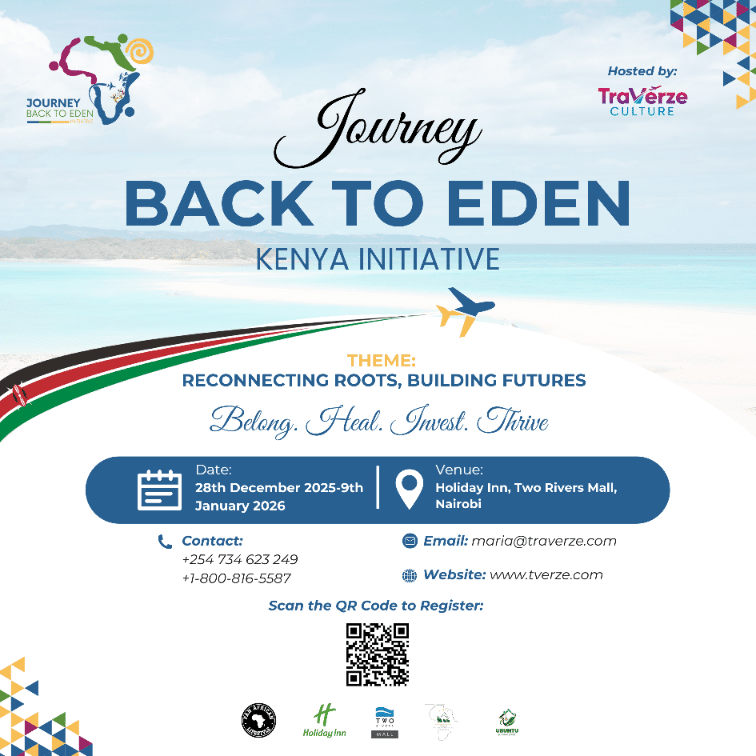Building wealth is a long-term process that requires discipline, patience, and strategic investing. While there are many investment options available, some are more effective than others when it comes to generating wealth.
Here are four investments that can help you build wealth over time:
Financial Assets
Financial assets, such as real estate, stocks, and bonds, play a crucial role in building long-term wealth. These assets serve as powerful investment vehicles that can generate returns over time. Understanding how each type functions and the potential risks and rewards associated with them is essential for anyone looking to grow their financial portfolio.
Real estate is often regarded as a reliable investment due to its tangible nature and potential for appreciation. Investing in properties can create multiple revenue streams through rental income, while also benefiting from value increases over time. Successful real estate investments require careful market analysis, a clear understanding of location factors, and effective property management. Tax considerations, such as depreciation and capital gains, can further enhance the profitability of these investments.
Stocks represent ownership in publicly traded companies and are known for their potential for significant appreciation. Although they come with higher volatility compared to some other asset types, the long-term growth trajectory of equity investments has historically outperformed many other investment options. Building a diverse portfolio of stocks across different sectors can mitigate risks and capture growth opportunities. Investors should consider both growth stocks, which reinvest earnings to grow, and dividend-paying stocks that offer income while maintaining the potential for capital appreciation.
Bonds, on the other hand, are considered safer investments, especially government-issued instruments. They pay periodic interest and return the principal at maturity, offering a predictable income stream. In a balanced investment strategy, bonds can act as a stabilizing force, providing security during market fluctuations. A well-structured investment plan should include a combination of stocks, bonds, and real estate, tailored to individual risk tolerance and financial goals.
In conclusion, focusing on financial assets such as real estate, stocks, and bonds enables investors to build wealth over time. By emphasizing diversification and effective risk management, individuals can pursue achievable financial goals while enjoying the benefits of these investment vehicles.
Education
Investing in education serves as a solid foundation for both personal and professional growth. In today’s rapidly changing world, acquiring knowledge through various means consistently translates to enhanced skills and the ability to navigate diverse career landscapes. Formal education, encompassing degrees and certifications, is often the most recognized form of investment. However, informal education—such as self-study through books, online courses, and experiential learning—is equally significant.
Books remain a timeless resource for individuals eager to expand their knowledge base. They provide insight into a multitude of topics, allowing readers to explore different perspectives and skill sets necessary for future success. Likewise, online courses offer convenience and accessibility, empowering individuals to learn at their own pace. Platforms like Coursera, Udemy, and Khan Academy provide affordable courses ranging from technical skills to personal development. By investing time and resources in these educational endeavors, individuals position themselves for increased income potential, opening the door to higher-paying job opportunities and promotions.
Experiential learning is another essential facet of education. Engaging in workshops, internships, and networking events facilitates the acquisition of practical skills and industry connections that are invaluable in a career. These experiences can significantly enhance an individual’s understanding of their field, making them more competitive in the job market. Furthermore, continuous learning fosters a growth mindset, which is crucial for adapting to the evolving economic landscape. Individuals committed to lifelong learning are better equipped to pivot in their careers and seize emerging opportunities that align with their interests and expertise.
In conclusion, investing in education not only amplifies personal capabilities but is also fundamental to wealth accumulation. By embracing various educational avenues and maintaining a mindset of continuous improvement, individuals can effectively position themselves to maximize their earning potential and achieve long-term financial stability.
Productivity
Investing in productivity is a pivotal aspect of wealth-building strategies. By focusing on three essential areas—mindset, environment, and health—individuals can significantly enhance their efficiency and effectiveness, ultimately leading to greater financial success. A positive mindset serves as the foundation for overcoming challenges and optimizing performance. Cultivating this mindset can involve setting clear and achievable goals, practicing gratitude, and engaging in continual learning. Research indicates that individuals who maintain a growth mindset are more likely to embrace opportunities for advancement, making this psychological investment crucial to increasing productivity.
Additionally, the work environment plays a vital role in shaping productivity levels. An efficient workspace that minimizes distractions ensures that focus can be maintained on tasks that drive results. Implementing organizational tools, such as time management techniques and digital project management applications, can significantly streamline operations. Moreover, investing in ergonomic furniture and adequate lighting can enhance comfort, leading to prolonged periods of concentration and creativity. Thus, both mental and physical aspects of the work environment contribute to a productive atmosphere, facilitating better work outputs and decision-making processes.
Equally important is the health of individuals. Prioritizing physical and mental well-being through regular exercise, a balanced diet, and adequate rest can lead to improved cognitive function and resilience. Healthy individuals are better equipped to handle stress, which is often a barrier to productivity. Moreover, practices such as mindfulness and meditation can enhance focus and reduce anxiety, allowing for optimal performance. By integrating these health-focused strategies, individuals ensure not just immediate productivity enhancement but also long-term sustainable success.
In conclusion, investing in productivity through cultivating a positive mindset, improving the work environment, and prioritizing health can significantly influence wealth-building efforts. By adopting practical strategies within these areas, individuals can optimize their output and strengthen their path towards achieving financial success.
Relationships
Investing in relationships plays a crucial role in the journey toward wealth creation. The significance of building and nurturing connections cannot be overstated, as these relationships often serve as the foundation for future opportunities. Whether in personal or professional contexts, the individuals we surround ourselves with can greatly influence our paths to success. Networking emerges as a paramount strategy; when approached thoughtfully, it can lead to collaborations, partnerships, and potentially lucrative ventures that would otherwise remain inaccessible.
To begin, it is essential to understand that relationships are not merely transactional. They require genuine effort, mutual respect, and a willingness to contribute. Actively engaging with others, whether through industry events, social gatherings, or online platforms, facilitates a dynamic exchange of ideas and resources. Engaging in meaningful conversations can spark collaborations that benefit all parties involved, often yielding opportunities that enhance our wealth creation journey.
Moreover, maintaining a positive reputation across various settings is vital. Trust and credibility often sit at the core of successful relationships. Practicing integrity and transparency fosters goodwill, encouraging others to invest in a relationship with you. Simple actions such as offering support, sharing knowledge, and expressing gratitude can significantly bolster your reputation within your network.
Strategies for effective networking include setting clear objectives for your interactions and actively seeking people who align with your goals. It is also advantageous to utilize social media platforms like LinkedIn, which offer a powerful medium for expanding your professional network. Additionally, persistence is key; follow up with connections regularly to maintain the relationship and explore any potential avenues for collaboration.
Ultimately, investing in relationships should be viewed as a long-term strategy for building wealth. Emphasizing collaboration, mutual benefits, and positive engagement will pave the way for a prosperous network that can support your financial objectives.












